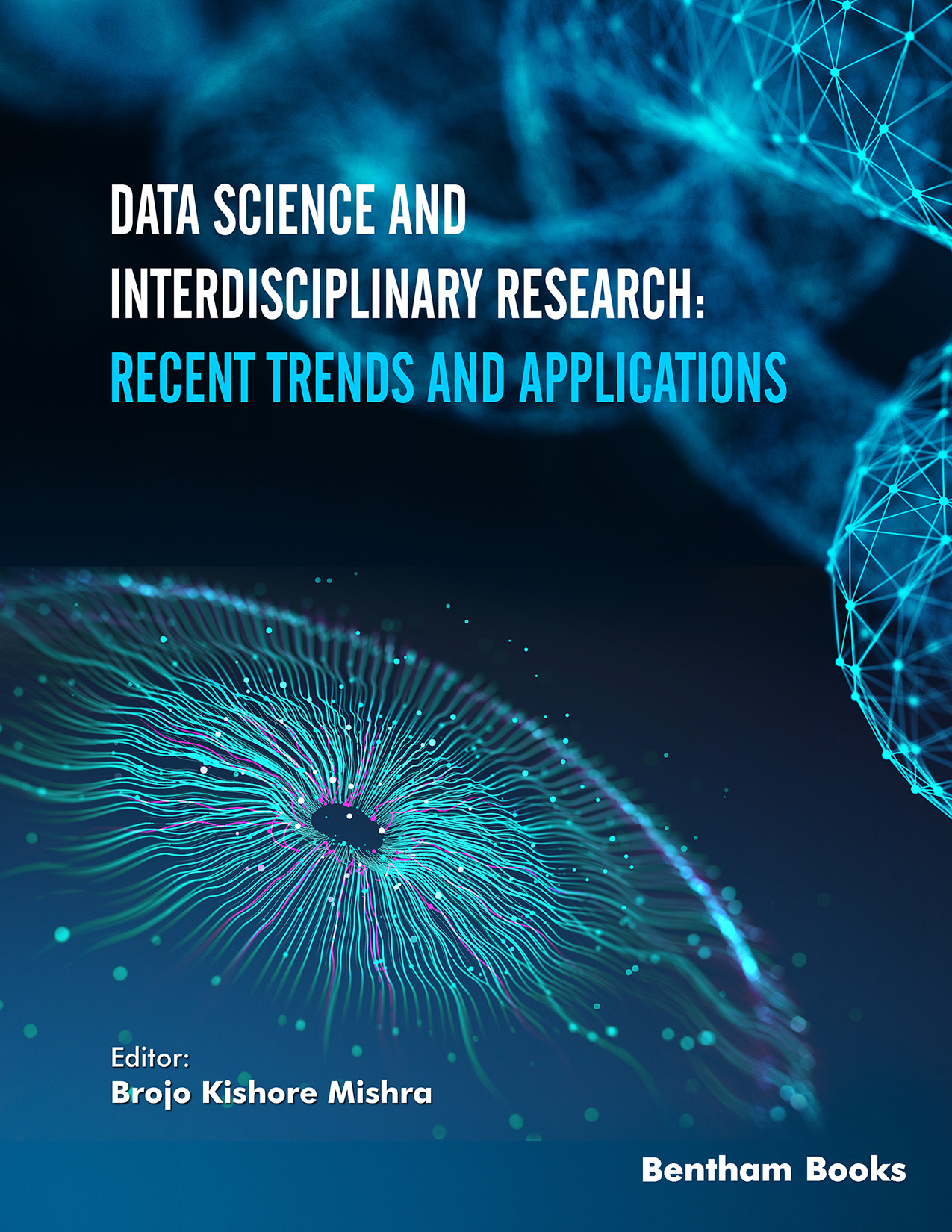Introduction
Data Science and Interdisciplinary Research: Recent Trends and Applications is a compelling edited volume that offers a comprehensive exploration of the latest advancements in data science and interdisciplinary research. Through a collection of 10 insightful chapters, this book showcases diverse models of machine learning, communications, signal processing, and data analysis, illustrating their relevance in various fields.
The book highlights many use cases for recommendation systems:
Key Themes:
- - Advanced Rainfall Prediction: Presents a machine learning model designed to tackle the challenging task of predicting rainfall across multiple countries, showcasing its potential to enhance weather forecasting.
- - Efficient Cloud Data Clustering: Explains a novel computational approach for clustering large-scale cloud data, addressing the scalability of cloud computing and data analysis.
- - Secure In-Vehicle Communication: Explores the critical topic of secure communication in in-vehicle networks, emphasizing message authentication and data integrity.
- - Smart Irrigation 4.0: Details a decision model designed for smart irrigation, integrating agricultural sensor data reliability analysis to optimize water usage in precision agriculture.
- - Smart Electricity Monitoring: Highlights machine learning-based smart electricity monitoring and fault detection systems, contributing to the development of smart cities.
- - Enhanced Learning Environments: Investigates the effectiveness of mobile learning in higher education, shedding light on the role of technology in shaping modern learning environments.
- - Coastal Socio-Economy Study: Presents a case study on the socio-economic conditions of coastal fishing communities, offering insights into the livelihoods and challenges they face.
- - Signal Noise Removal: Shows filtering techniques for removing noise from ECG signals, enhancing the accuracy of medical data analysis and diagnosis.
- - Deep Learning in Biomedical Research: Explores deep learning techniques for biomedical research, particularly in the realm of gene identification using Next Generation Sequencing (NGS) data.
- - Medical Diagnosis through Machine Learning: Concludes with a chapter on breast cancer detection using machine learning concepts, demonstrating the potential of AI-driven diagnostics.
This volume bridges the gap between data science and interdisciplinary research, making it a valuable resource for researchers, academics, and professionals seeking to leverage cutting-edge technologies for transformative applications.
Audience: Researchers, academics, and professionals seeking to leverage cutting-edge technologies for transformative applications.

